Here are 5 reasons why you should hold off from switching from Android to iPhone 14
No need to be paranoid about Android
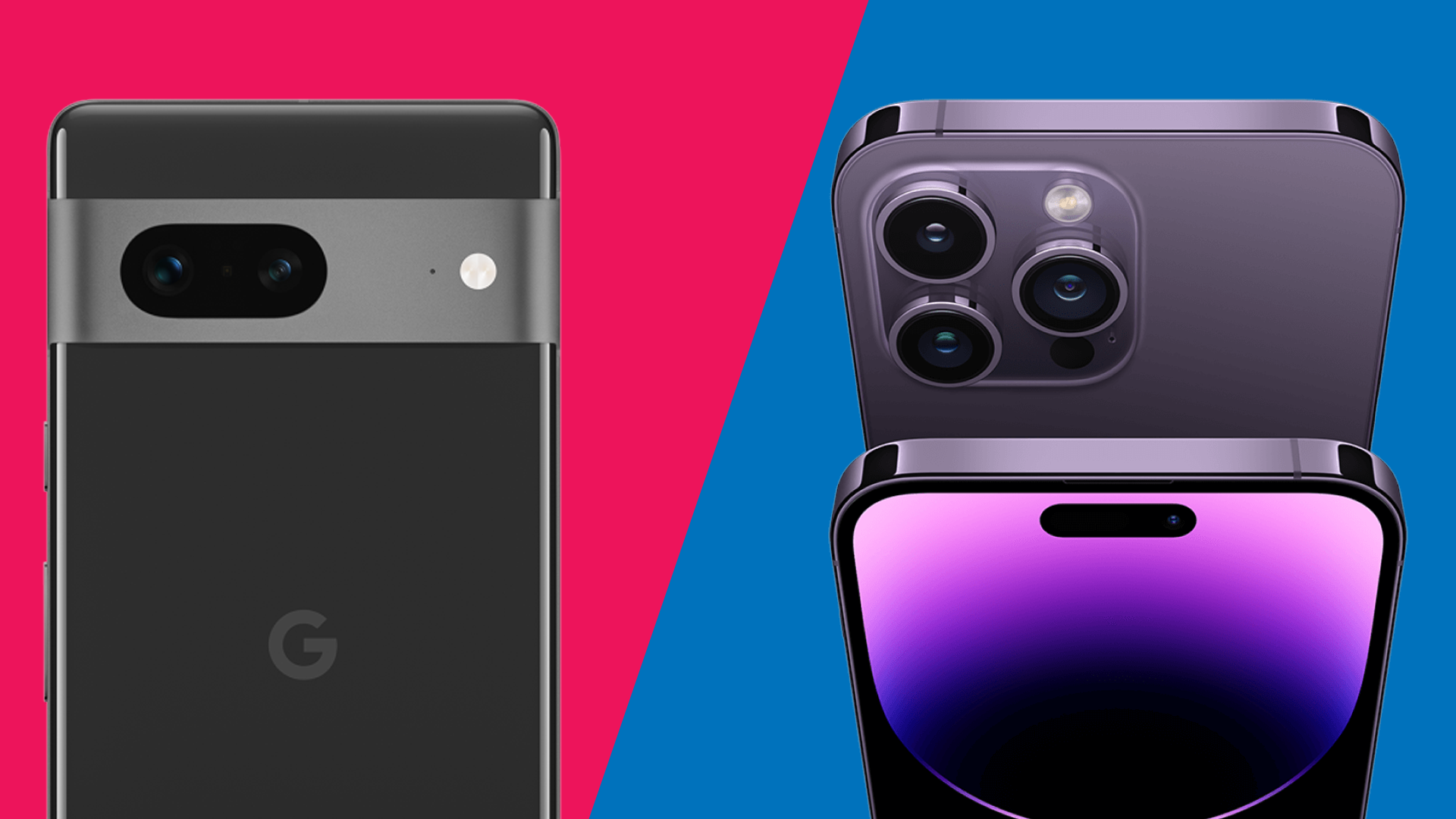
With the recent release of the iPhone 14, it’s an opportune moment to consider whether now is the right time to switch from Android to Apple. We’ve already considered reasons why now might be the time to finally make the switch to iPhone.
But in the interests of balance, let’s look at some of the very good reasons why it might not be the right time to do so.
There are plenty of good reasons to consider switching from Android to iOS. But there are also several good reasons why you may not want to do so. The call, as always, will come down to what matters most to you - is it price? Is it choice? Do you already own a host of Apple devices or none at all?
With this in mind, here's a selection of the main reasons why sticking with your Android device may be the right decision for you. There is, after all, a reason why Android is such a hugely popular OS, used by millions of people around the world.
Price
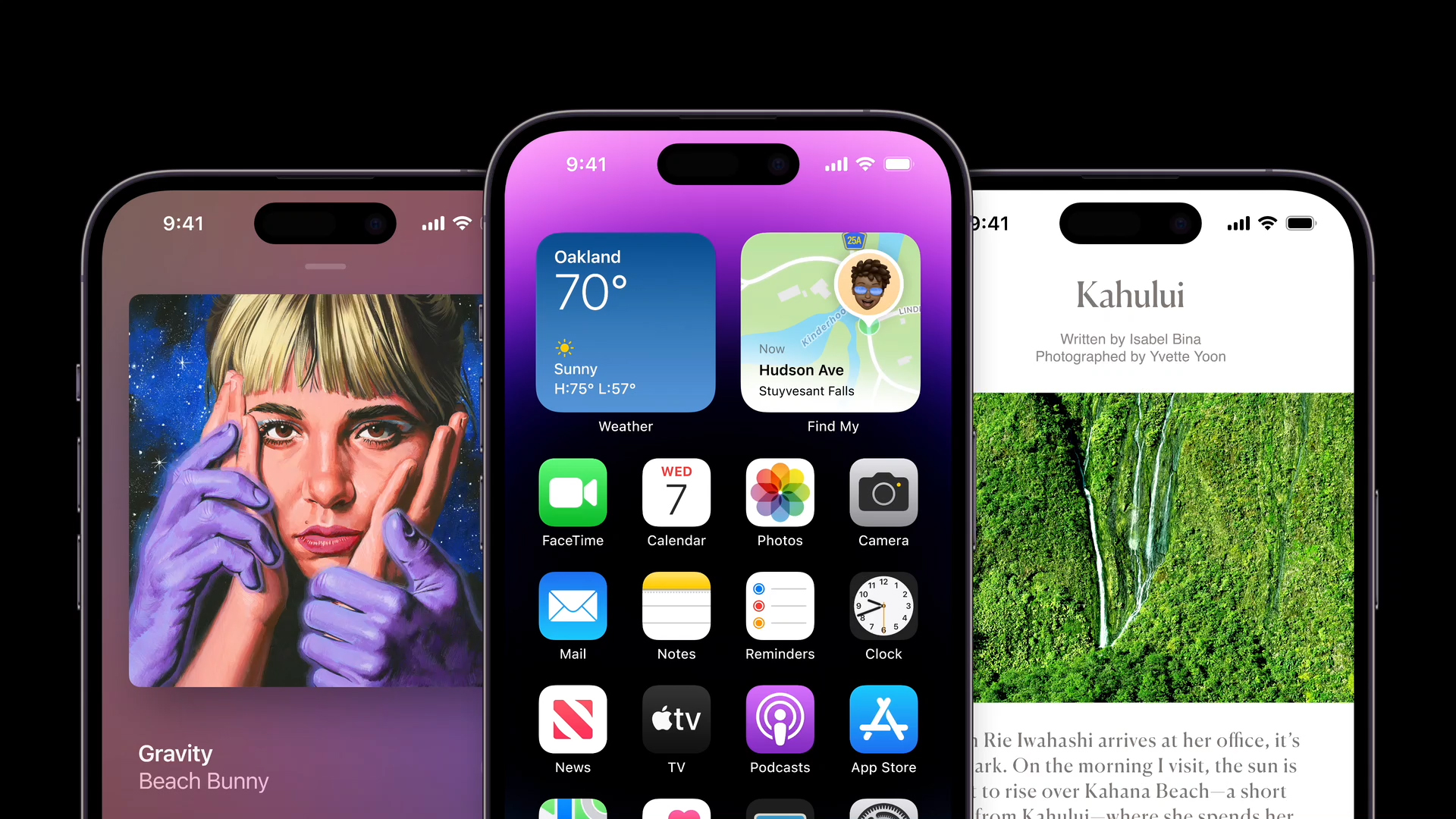
This is perhaps the single biggest argument against making the switch to iPhone. It is, by any measure, a premium product. While the iPhone SE allows you to get a slice of the Apple experience for a relatively modest $429 / £459 / AU$479, that’s for an older design, small internal storage, and very much an ‘inferior’ version of the device.
An iPhone 14 Pro starts at $999 / £1099 / AU$1199 (more if you live on some other parts of the world) and the reality is, that’s a big chunk of change to part with for a phone.
The Android marketplace has so many manufacturers, making so many devices, that it is much easier to find the right balance between features and cost, to suit your budget. And you’ll often find Android devices that can offer similar levels of performance to an iPhone, at a lower price point.
Get daily insight, inspiration and deals in your inbox
Sign up for breaking news, reviews, opinion, top tech deals, and more.
Choice
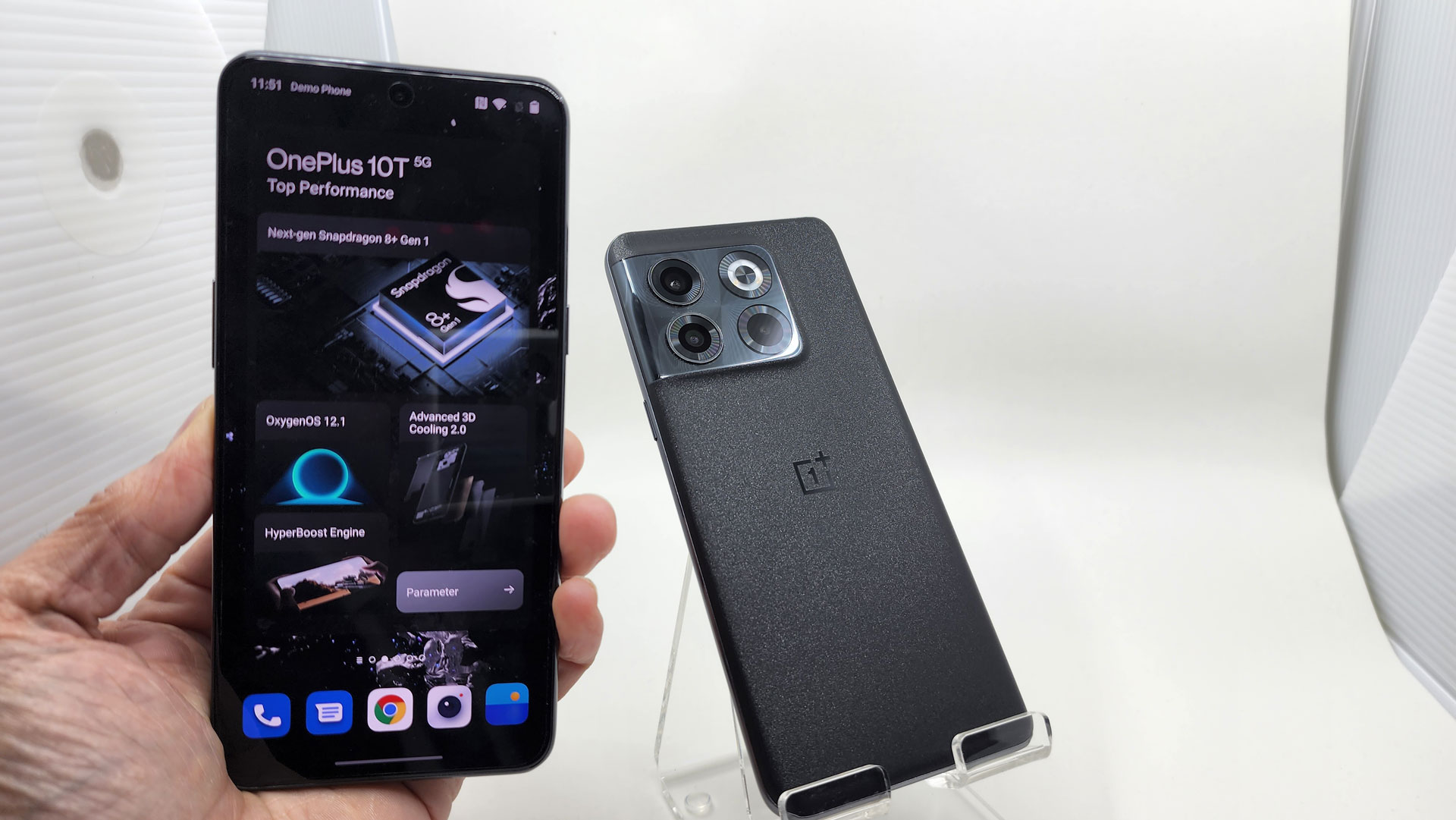
Following on from the previous point, there is simply far more choice in the Android market than there is with iPhone. Once again, Apple controls its products, so the only way to get iOS is with an iPhone. The same is not true of Android, where you can buy a device from Samsung, Google, Sony, OnePlus, Oppo and many many others.
You have a far wider choice of devices, allowing you to decide which one suits you best. With an iPhone, you are far more limited. If, for example, you want a camera as close to a DSLR as possible, you may feel that something like the Sony Xperia 1 IV would be more suitable for you than an iPhone.
Or maybe you prefer the design of one phone over another. You simply get a much wider assortment of devices to choose from with Android, compared to what Apple offers.
Apple’s walled-garden
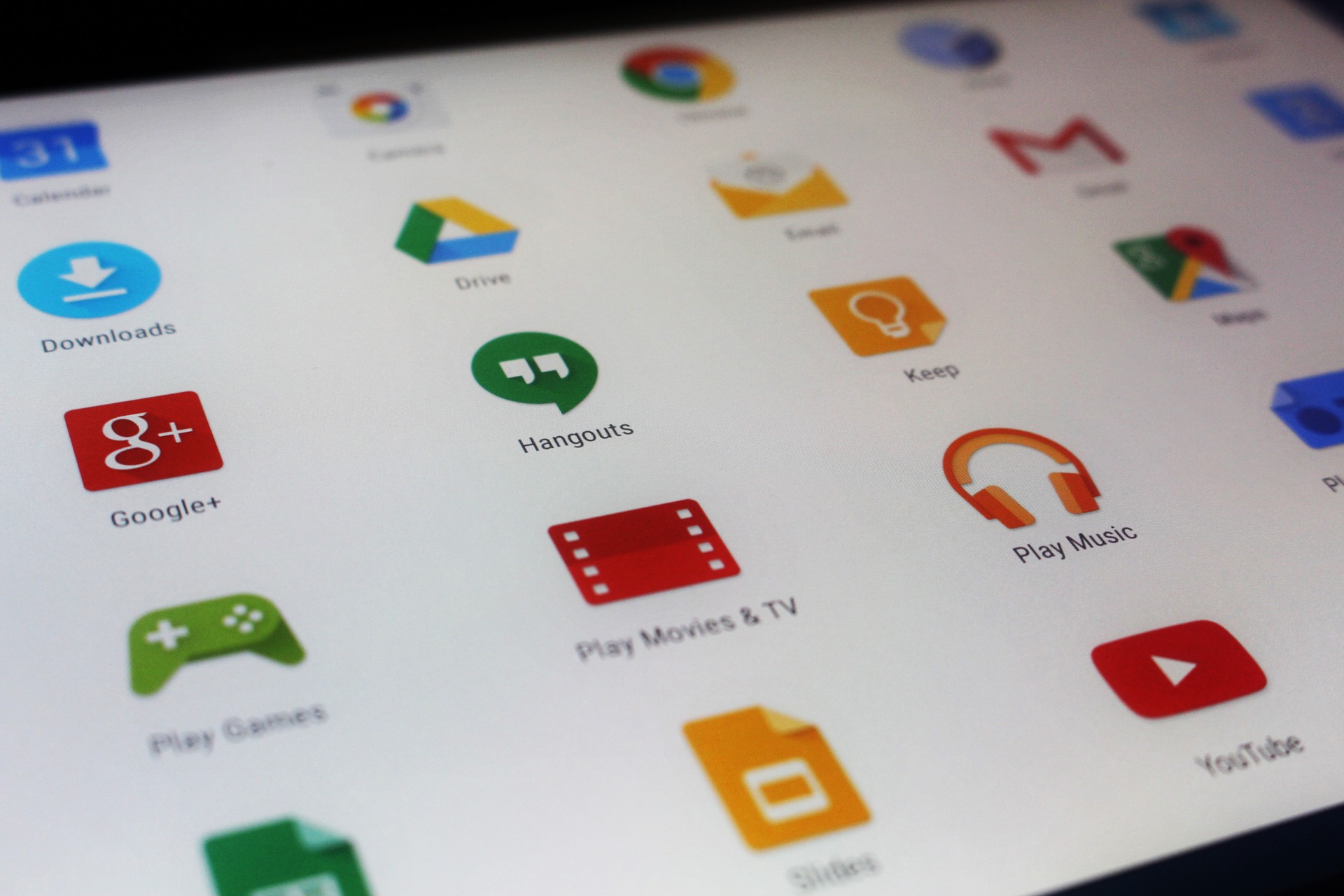
We mentioned some of the benefits of this earlier, but Apple's tight control of the ecosystem also has some disadvantages. Primarily, Android devices have a far higher degree of customization than iPhones offer.
Android is an open-source platform, and (as we said before) this means every manufacturer will offer a slightly different version of Android. You aren’t locked into the Android ecosystem in the same way you are with Apple. And while the way that an iPhone can sync with an Apple Watch, an iPad and a Mac is fantastic, none of those devices comes cheap.
You can even sideload apps that you can’t find on the Play Store, something you can’t do on iOS.
Owning a Windows PC
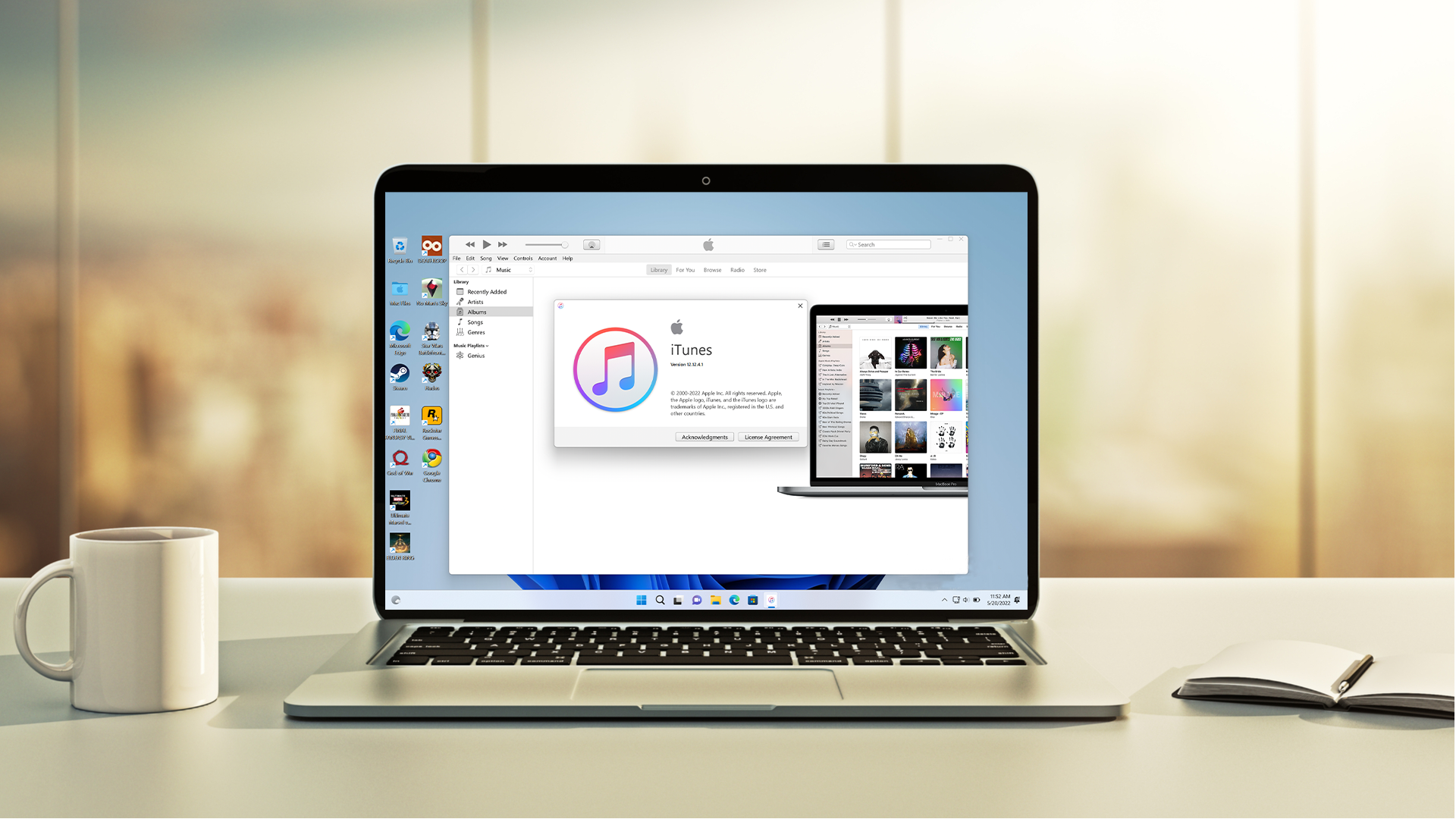
Windows PCs are still more commonly owned than Macs, and if you have one, then you’ll find it far easier to sync your Android device than your iPhone. Simply plug in a USB cable, use cloud storage, or even Bluetooth.
To sync an iPhone with a PC still requires iTunes to do just about anything other than images and videos. And while it works, it isn’t as easy.
New Android devices are coming
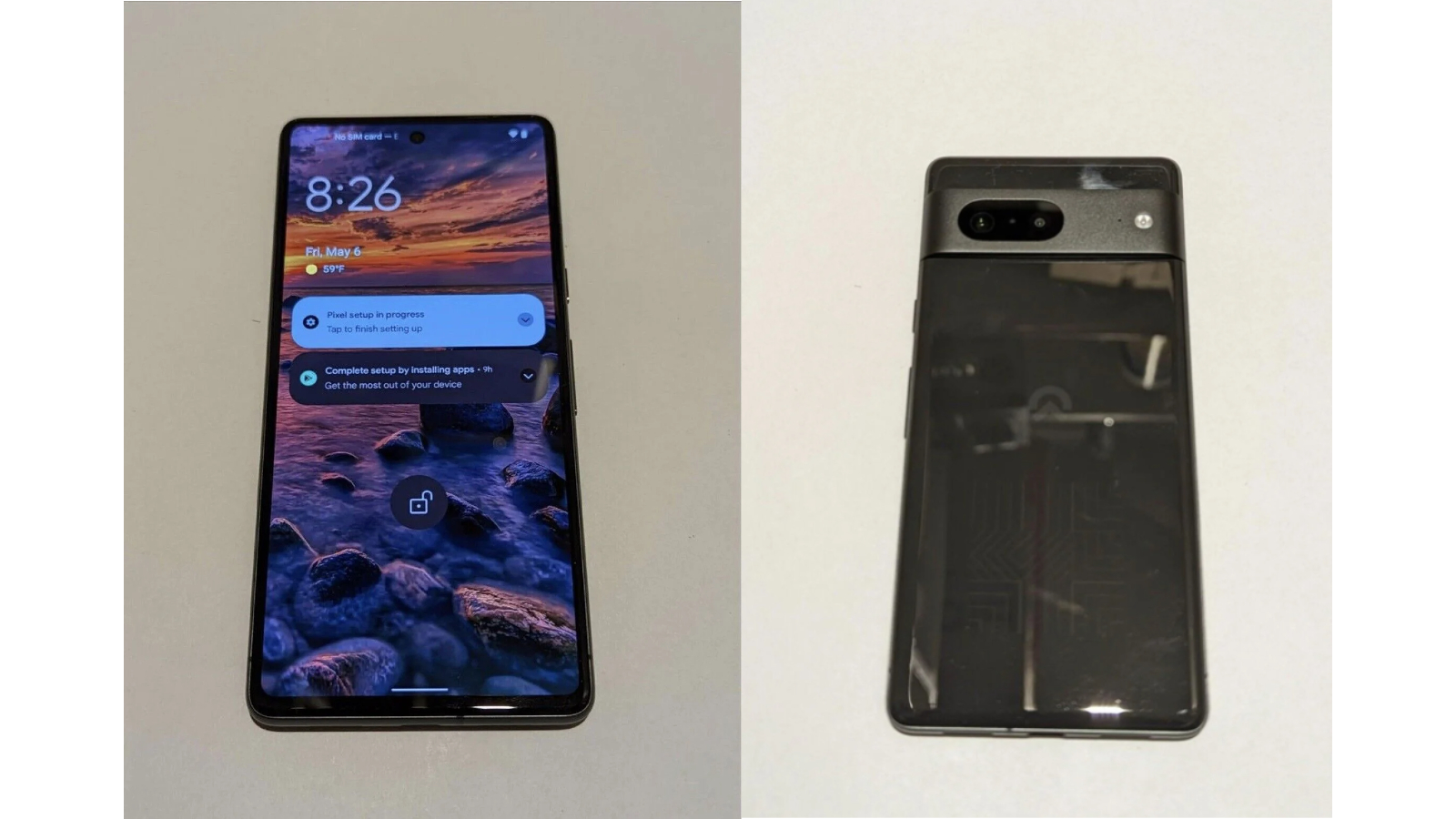
While the iPhone 14 is certainly an enticing proposition, it’s worth remembering that the world of smartphones is moving relentlessly onwards. And in October, we’ll see the release of Google’s Pixel 7 and 7 Pro products, as well as the new Pixel Watch. These are certainly promising to be worthy of your consideration when they hit the market.
There’s nothing worse than buying something, and then a few weeks later, wishing you’d held off. And that may be the situation you find yourself in if you make that switch now.
Steven Shaw is a full-time freelancer, but before his change of career at the start of 2021, he was in the retail industry, leading teams to achieve goals in selling technology products, such as smart phones, tablets and more.
Graduating from the University of Cambridge with a Masters in Medieval History, he's always had a passion for the topic, alongside technology, and many Simpsons quotes.
You'll find him on TechRadar mainly helping out the Software & Downloads section, offering his knowledge of macOS, Windows and more, from the systems that he's sold and showcased for many years in his previous life.
- Daryl BaxterSoftware & Downloads Writer